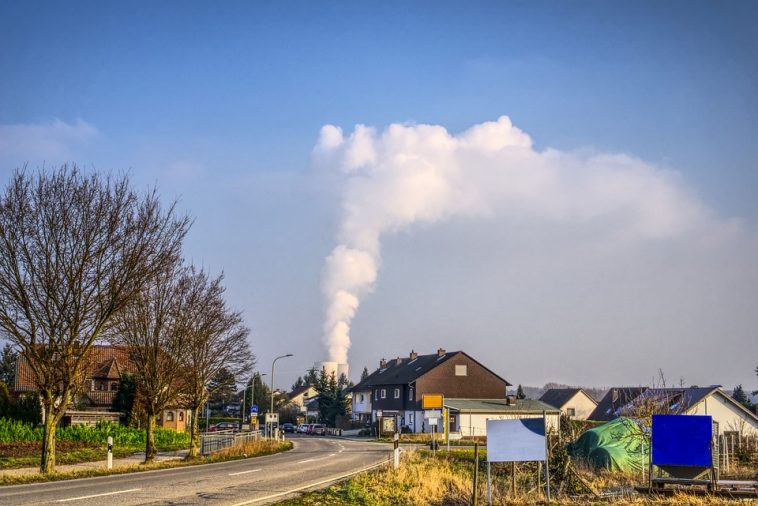The East African region has seen a success in the solar power off-grid system. Many countries are now changing to the use of the off-grid system to provide power to their high population. This move has helped in cutting down the cost of the power supply by many companies and homes. In West Africa, many lack reliable access to electricity. But off-grid power companies are setting up in the region. This will help them offer pay-as-you-go kits to that population.
In a span of two years not less than eleven companies have moved into the region. The companies include Fenix International, Off-Grid Electric (OGE), and d.light among others. The western region market is estimated to be worth billions of dollars. Furthermore, European energy companies like Engie and French utilities are also setting up in the region. However, new companies have a problem with raising capital to supply the kits in exchange for payments from customers.
Power Africa is an initiative of the US government. The initiative helps in mobilizing funds to provide solar systems. Some main power generation projects have failed to meet their goals in Africa. So Power Africa has collaborated with many startups to speed up off-grid access. The move has helped citizens in African towns like Abidjan to have indoor lighting. They are also able to operate their electric devices. The light has also offered them security at night.
According to International Energy Agency (IEA), approximately 1.2 billion people globally cannot access power grid. Furthermore, these people incur almost $12 billion annually for charging and lighting using other alternatives. Africa is still behind despite the increase in access to the national network by the governments in developing countries. Africa has less than 40% of its households connected to the national network. But entrepreneurs like Nir Marom, co-founder of Lumos Global are coming in to fill the void. Lumos Global is a Dutch-based startup which sold Kouame kits.
Lumos Global’s kits are sold at a price of $600. The price included a solar panel connected to a battery that supports power sockets. It also included LED lights bulbs and mobile phone adapter. However, Kouame paid $57 upfront for his kits and he is now leasing-to-own. But he will own it outright and the solar panel will be for free in five years’ time. Moreover, the digital counter on the yellow battery pack notifies him in case there is a need to top up. He does the top up through his mobile phone. In case of failure to pay, the kit shuts down.
Pay-as-you-go solar home systems (SHS) are the main supporter of off-grid power development in Africa. Customers managed to pay $30 to $80 over a product’s lifetime in 2010. This came when many purchases scaled to the simple lighting system. But currently, it is $370 to $1120. SHS sector had global revenue of $150 to $200 million in 2016. The number will shoot to $7 billion in 2022.
West Africa is borrowing from East Africa. East Africa has a widespread of mobile money transfers. The mobile money transfer is an important factor of pay-as-you-go off-grid system. East Africa region success led to a growth of 140% from 2013 to 2016. But, many startups are heading to the West since the East African market is now crowded. The mobile money transfer is also widely spread across Africa. This also influenced the move to the west.
The West and Central Africa have almost half of the continent’s off-grid population. Furthermore, Nigeria has 90 million people who cannot access the grid. Nigeria has the biggest economy in sub-Saharan Africa and with the highest population. However, Lumous on its move to West Africa first launched in Nigeria in 2016. The startup managed to sell 73,000 kits by the end of 2017. Furthermore, it was averaging sales of 16% monthly revenue growth. It later expanded to Ivory Coast. However there is still much to be done irrespective of the high growth.
There is a call to have a huge capital to make the kits more affordable. However, banks do not like lending to off-grid startups. This is because banks lack expertise in the new sector. This makes startups overreliance on venture capitals. At the same time, they relied on development and profit financial institution. They also rely on impact investors who are looking for social benefits. Currently, off-grid startups depend on regular fundraising.
Engie managed to buy Fenix in October 2017. This was a great steep in the African off-grid sector. The acquisition will help Fenix to become African off-grid leader. But, the number of Africans without grid access went high by 14% between 2000 and 2016. By the end of 2020, 80% of the global off-grid population will be in sub-Saharan Africa.
 We just launched our WhatsApp channel. Want to get the latest news from the Tech in Africa?
We just launched our WhatsApp channel. Want to get the latest news from the Tech in Africa?


